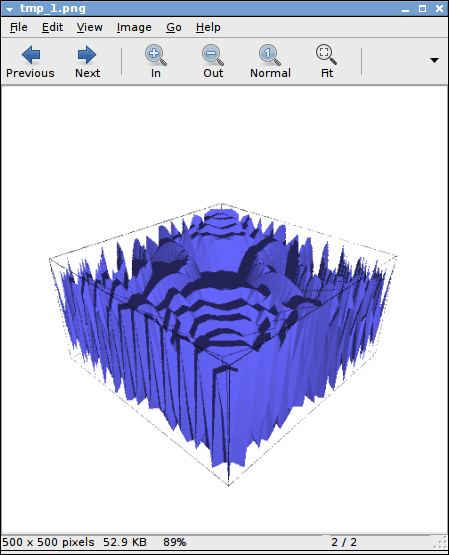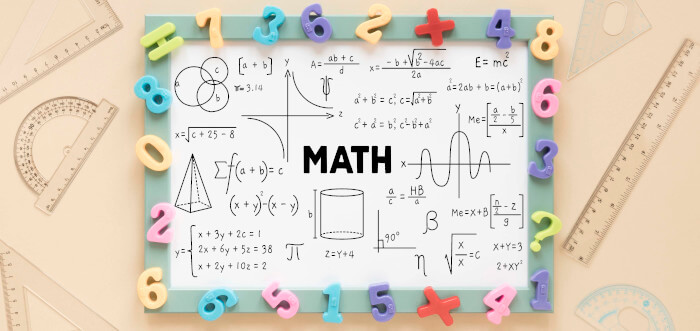SageMath is an open source computer algebra system written in Python and Cython and integrates an included distribution of specialized mathematics software into a common experience. It tries to cover many aspects of mathematics, including algebra, combinatorics, numerical mathematics and calculus.
The objective of Sage is to offer a real open source alternative to proprietary solutions like Mathematics and Matlab.
SageMath combines various software packages and seamlessly integrates their functionality into a common experience. It is well suited for education, studying and research.
The interface is a notebook in a web-browser or the command-line. Using the notebook, SageMath connects either locally to your own Sage installation or to a Sage server on the network. Inside the SageMath notebook you can create embedded graphics, beautifully typeset mathematical expressions, add and delete input, and share your work across the network.
Features include:
- Provides a notebook document interface. It’s compatible with Firefox, Opera, Konqueror, Google Chrome and Safari. Notebooks can be accessed locally or remotely and the connection can be secured with HTTPS.
- Provides a text-based command line interface using IPython.
- Includes MoinMoin as a Wiki system for knowledge management.
- Embed Sage inside LaTeX documents.
- Use sliders as input for calculations.
- Provides support for distributed computing.
- Support for parallel processing using multi-core processors, multiple processors, or distributed computing.
- Provides interfaces to some third-party software like Mathematica, Magma, and Maple, which allows users to combine software and compare output and performance. It is therefore also a “front-end” to other mathematical tools similar to GNU TeXmacs.
- Cross-platform support – runs under Linux, macOS, Windows, Solaris, Android, and iOS.
Website: www.sagemath.org
Support: Help and Support
Developer: The Sage Development Team
License: GNU General Public License v3.0

SageMath is written in Python. Learn Python with our recommended free books and free tutorials.
Return to Scientific | Return to Python Maths Tools | Return to Computer Algebra Systems
| Popular series | |
|---|---|
| The largest compilation of the best free and open source software in the universe. Each article is supplied with a legendary ratings chart helping you to make informed decisions. | |
| Hundreds of in-depth reviews offering our unbiased and expert opinion on software. We offer helpful and impartial information. | |
| The Big List of Active Linux Distros is a large compilation of actively developed Linux distributions. | |
| Replace proprietary software with open source alternatives: Google, Microsoft, Apple, Adobe, IBM, Autodesk, Oracle, Atlassian, Corel, Cisco, Intuit, and SAS. | |
| Awesome Free Linux Games Tools showcases a series of tools that making gaming on Linux a more pleasurable experience. This is a new series. | |
| Machine Learning explores practical applications of machine learning and deep learning from a Linux perspective. We've written reviews of more than 40 self-hosted apps. All are free and open source. | |
| New to Linux? Read our Linux for Starters series. We start right at the basics and teach you everything you need to know to get started with Linux. | |
| Alternatives to popular CLI tools showcases essential tools that are modern replacements for core Linux utilities. | |
| Essential Linux system tools focuses on small, indispensable utilities, useful for system administrators as well as regular users. | |
| Linux utilities to maximise your productivity. Small, indispensable tools, useful for anyone running a Linux machine. | |
| Surveys popular streaming services from a Linux perspective: Amazon Music Unlimited, Myuzi, Spotify, Deezer, Tidal. | |
| Saving Money with Linux looks at how you can reduce your energy bills running Linux. | |
| Home computers became commonplace in the 1980s. Emulate home computers including the Commodore 64, Amiga, Atari ST, ZX81, Amstrad CPC, and ZX Spectrum. | |
| Now and Then examines how promising open source software fared over the years. It can be a bumpy ride. | |
| Linux at Home looks at a range of home activities where Linux can play its part, making the most of our time at home, keeping active and engaged. | |
| Linux Candy reveals the lighter side of Linux. Have some fun and escape from the daily drudgery. | |
| Getting Started with Docker helps you master Docker, a set of platform as a service products that delivers software in packages called containers. | |
| Best Free Android Apps. We showcase free Android apps that are definitely worth downloading. There's a strict eligibility criteria for inclusion in this series. | |
| These best free books accelerate your learning of every programming language. Learn a new language today! | |
| These free tutorials offer the perfect tonic to our free programming books series. | |
| Linux Around The World showcases usergroups that are relevant to Linux enthusiasts. Great ways to meet up with fellow enthusiasts. | |
| Stars and Stripes is an occasional series looking at the impact of Linux in the USA. | |
